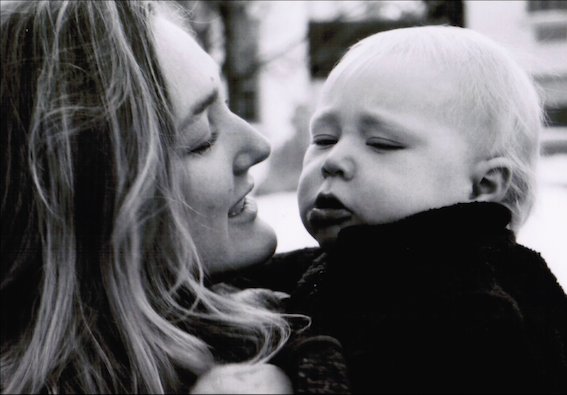It was a peculiar sequence of events: I remember walking downstairs and seeing my mother lying down with someone else in our living room. I remember my dad coming home from yet another business trip. It had been about two weeks since I’d last seen him. I remember sitting in the kitchen with the first glass of whiskey my father had ever poured me. His suitcase stood by the counter, and the single light above the stove cast harsh shadows across his face. He told me that he and my mom had chosen to be in an open relationship for the last couple of months. I remember deciding not to tell my little brother. It was scary at the time, but, since then, polyamory has taught me about how to love with empathy.
As far as I can tell, every child goes through a frustratingly drawn-out period in which they have developed an understanding of other people’s emotions but aren’t quite empathetic enough to understand how to navigate them. I found out about my parents’ polyamory precisely during that period. I knew that I could hurt my mother by fighting her, by withholding my love, and by making her feel as if she didn’t matter to me. On the other hand, my father’s openness meant that I saw him as a human being for the first time. We had many more stove-lit conversations over glasses of whiskey throughout my teenage years. In that time, he became a person in my eyes, navigating love and life, while my mother became the spectre of instability that I would unfairly reject for years.
As I moved through a typically-tumultuous adolescence, I began to learn more about the people who my parents were romantically engaged with. I met them, spoke with them, and learned from them. I saw how in love my parents were with them, and I began to love them, too. I saw how hard they were fighting, in every way imaginable, to stay together. I slowly began to understand that polyamory was not a betrayal of our family, but a measured response to natural detachment.
My parents’ room was piled high with books outlining the philosophy and strategy of polyamory. They were seeing a therapist who helped them navigate the emotional complexities of their undertaking. They spent hours negotiating the boundaries of their other relationships and trying to balance their commitments with compassion. I started to empathize with both of them and respect their efforts. I saw polyamory as their attempt at maintaining both emotion and rationality in relationships. To succeed as a polyamorist, you have to bring love to every relationship you have, actively fight against tendencies toward competition and jealousy, and acknowledge the complexity inherent in loving someone. Polyamory has taught me lessons about empathetic love that I carry into every relationship I have.
The summer before Grade 12, my parents told me and my brother that they were splitting up. I wasn’t surprised: I could tell the fabric of their relationship was disintegrating. Their divorce was easier because of polyamory; they were better equipped for the transition, and I was better equipped to cope with it. I knew that it was my responsibility to bring love to my relationship with both of them and to acknowledge that their relationship was a complex thing with many facets.
Polyamory may not have saved my parents’ marriage—I’m not even sure it was supposed to—but it didn’t fail us, either. Polyamory isn’t just about romantic relationships, it’s a framework for prioritizing communication and empathy. It introduced me to my parents as human beings. I remember when I realized how much polyamory had truly taught me about empathetic love. My mother had just come home from a trip, and it had been about two weeks since I’d last seen her. I was sitting in the kitchen as it dawned on her that my father had moved out, and that half of what had filled her house for 20 years was gone. I remember seeing her cry, not knowing what to do, and wanting to hug her. She was just a human, navigating love and life.










There are people who will read this and conclude that polyamory destroys committed relationships. Regardless of the relationship style, it is the people in the partnership that determine the longevity and happiness of that partnership….